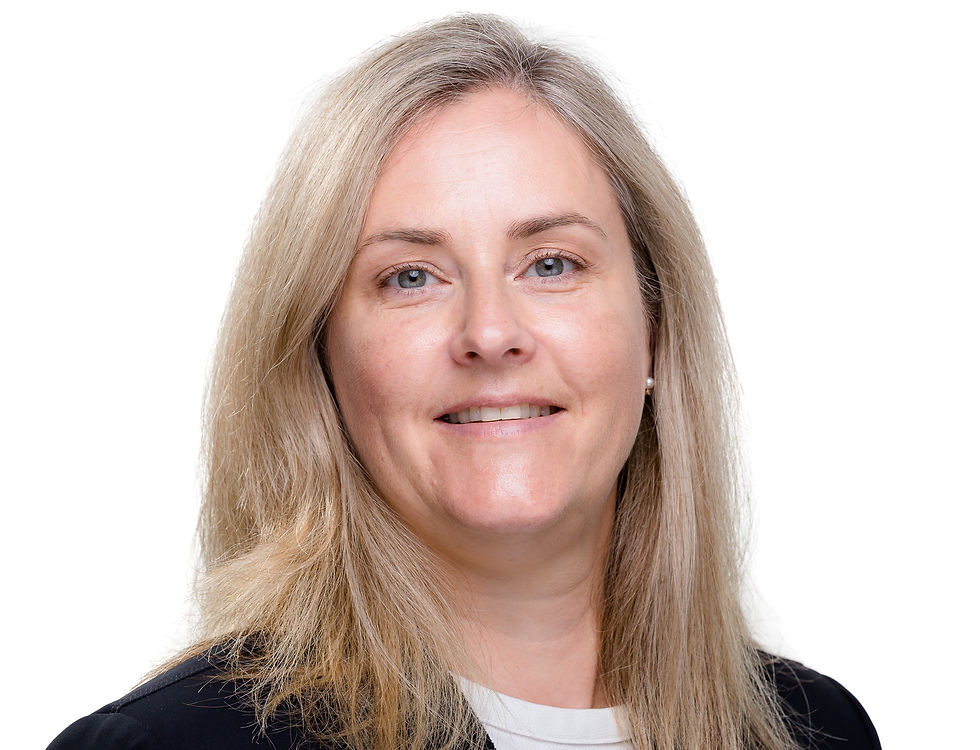Staying Sane in the Academy
- Jun 22, 2021
- 4 min read
by John Curtin Distinguished Professor Marylène Gagné

Working in academia can be challenging and stressful. The very nature of doing research is that it is uncertain; otherwise it would not be research, would it?
On top of this, the peer review process that ensures adequately conducted research is published can be brutal. Many journals, particularly the top ones we all aspire to publish in, can have rejection rates over 90%. In addition, peer reviews can be brutal and not always constructive. Getting frequent negative feedback can be quite demoralising.
Combine this with heavy workloads, limited resources and increases in casual job contracts, and we get a powerful recipe for poor mental health. Though higher education institutions can explore how to alleviate these sources of stress, what can we as individuals do to cope with academic stress?

John Curtin Distinguished Professor Marylène Gagné from the Future of Work Institute ran a workshop entitled “Staying Sane in the Academy: How to say no and deal with multiple failures”. During the workshop, participants reflected on what they should say yes and no to in their work and reflected on times when they were and were not able to say no to requests from managers and peers. The group then explored tactics to say better yes’s and better no’s.
What came out of these reflections were insightful. In terms of when to say yes, many mentioned that it is crucial to have all the details of the request and time for reflection before giving an answer. Make sure to inquire about the nature of the work requested from you, whether it falls into your expertise, and the required time commitment.
Some criteria to evaluate whether a request is “to be considered” include that the request work must be good for oneself (helps one achieve personal goals, desires, and well-being). That comprised having a genuine interest in the requested work, an interest in working with the people involved in the work, and a fit with other commitments. We called this having a “Hell Yeah!” moment.
Another option is to give a contingent yes. This would involve negotiating the type of involvement you would have and the time commitment you are willing or able to give.
If what you want to do is say no, the types of things that might stop you from saying no might include perceived risks to your next performance evaluation, antagonising collaborators, foregoing what might seem like an opportunity, or perceptions that you should be able to take on more work (stemming from seeing other academics around you do so much!). Here are some tricks participants came up with to say no while avoiding these potential consequences:
If the request is to several people, it is easier to ignore it (avoidance strategy).
If it is out of your field of expertise, you can say that you would not bring value to the requested activity.
Explain that you do not want to fail to meet your existing commitments, which shows you are a conscientious and reliable employee.
Offer to do something else that is less involving and more aligned with your interests.
Recommend someone else for it (but do not give a “poisoned chalice”).
If you want to know if you have made the right decisions about what to say yes and no to, keep a list of your “no’s” and at the end of the year, look at your list to reinforce how you have made the right decisions. You might realise that saying no enabled you to be more efficient in what you said yes to.
In the second part of the workshop, participants reflected on how they cope with failure. They started by listing the rejections they have received in the year to date and reflected on how they reacted to these failures. Reactions ranged from self-deprecating thoughts, to perceptions of injustice, to positive reappraisals of the rejection. For example, some would mention feeling incompetent and that maybe a career in academia is not for them, while others felt their work was “misunderstood”. Then there were times when people were able to transform the rejected work in a way that led to some future “success” or constructive future work.
Things that must be remembered in academia is that:
Research is hard, and careers are non-linear.
Everyone in academia, from the rookie to the experienced senior researcher gets rejections. After a failure, talk to yourself like you would talk to your best friend (be kind to yourself). Normalise “failure” by talking about it with collaborators you trust. Remember that when a door closes, many others are likely to open in the future.
Celebrate the work that went into something that is rejected and review your past achievements.
Do not be afraid to aim high even though it is riskier (while calculating the risks). Do not put all your eggs in the same basket (but do not spread yourself too thin either)
In summary, the big take-aways from the workshop included that everyone says no and everyone gets rejected. Therefore, we can say no more often and talk about failures more openly. Always delay responding and remember there are efficient ways to say no.



